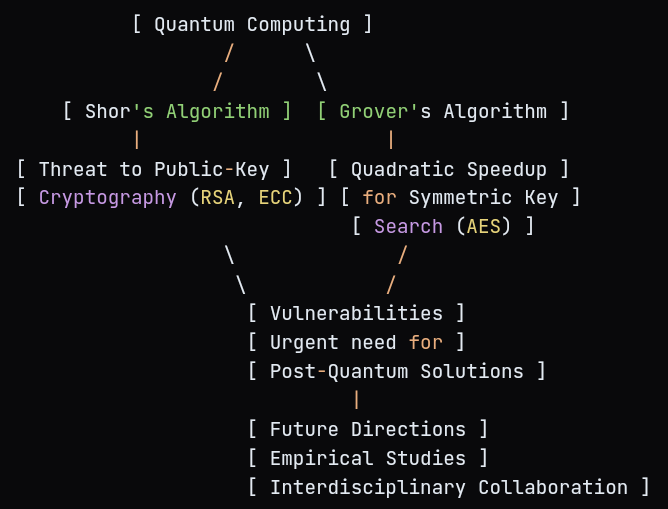The emergence of quantum computing has profound implications for the field of cryptography, particularly in the realm of cryptanalysis. This paper investigates the prospects of cryptanalysis using quantum computing, focusing on the capabilities of quantum algorithms, specifically Shor’s and Grover’s algorithms, to compromise classical cryptographic systems. Through a comprehensive analysis, we demonstrate that Shor’s algorithm poses a significant threat to public-key cryptography, such as RSA and ECC, by enabling polynomial-time factorization of large integers. Conversely, Grover’s algorithm presents a quadratic speedup for symmetric key search, effectively halving the security level of symmetric encryption schemes like AES. Our research employs a simulation framework to evaluate the performance of these quantum algorithms against various cryptographic protocols, revealing critical vulnerabilities that necessitate a transition to post-quantum cryptographic solutions. The findings underscore the urgency for the cryptographic community to adopt quantum-resistant algorithms and establish standards to safeguard sensitive data in a rapidly evolving technological landscape. This paper concludes with recommendations for future research directions, emphasizing the need for empirical studies and interdisciplinary collaboration to ensure the security of digital communications in the quantum era.

Keywords: Quantum Computing, Cryptanalysis, Shor’s Algorithm, Grover’s Algorithm, Cryptography, Quantum Security, Post-Quantum Cryptography.
Citation: Singh, A. (2025). Prospect for Cryptanalysis using Quantum Computing. Int J Math Expl & Comp Edu.2(2):1-7.













